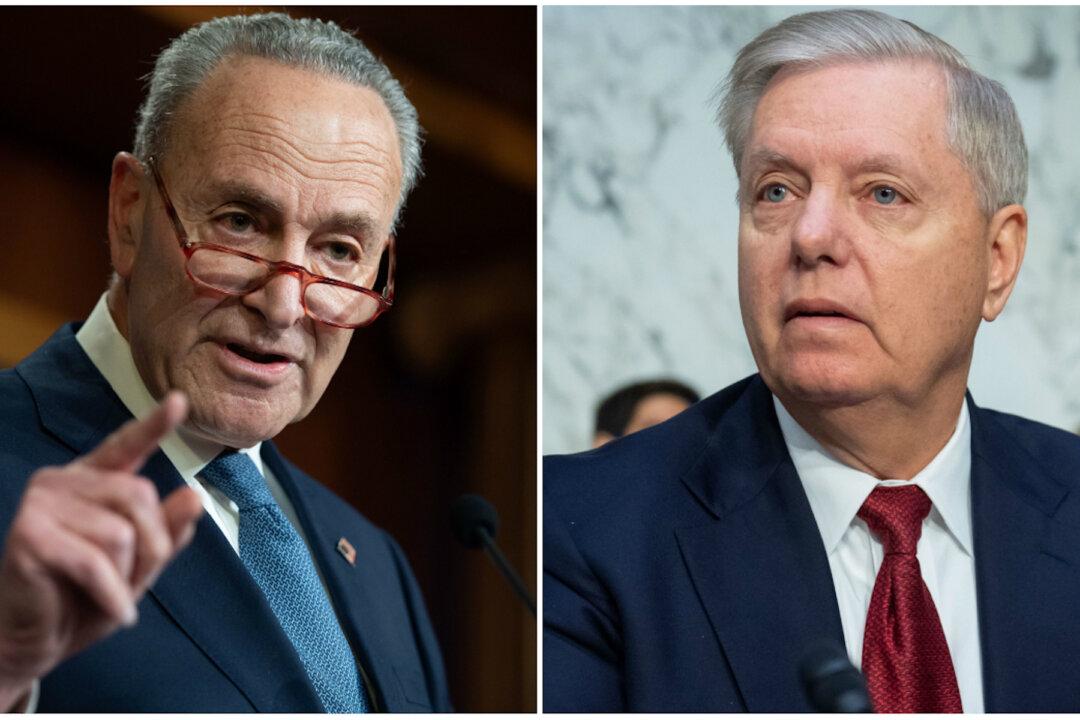Sen. Lindsey Graham (R-S.C.) said on Friday morning that he was briefed about the plan to kill Iran’s top military official, Qassim Soleimani, while later on the same day Senate Minority Leader Charles Schumer (D-N.Y.) said that President Donald Trump failed to notify Congress about the attack.
“I was briefed about the potential operation when I was down in Florida,” Graham said on Fox News. “I appreciate being brought into the orbit. I really appreciate President Trump letting the world know you cannot kill an American without impunity. We will stand up for our people, and that is an absolutely essential message.”




